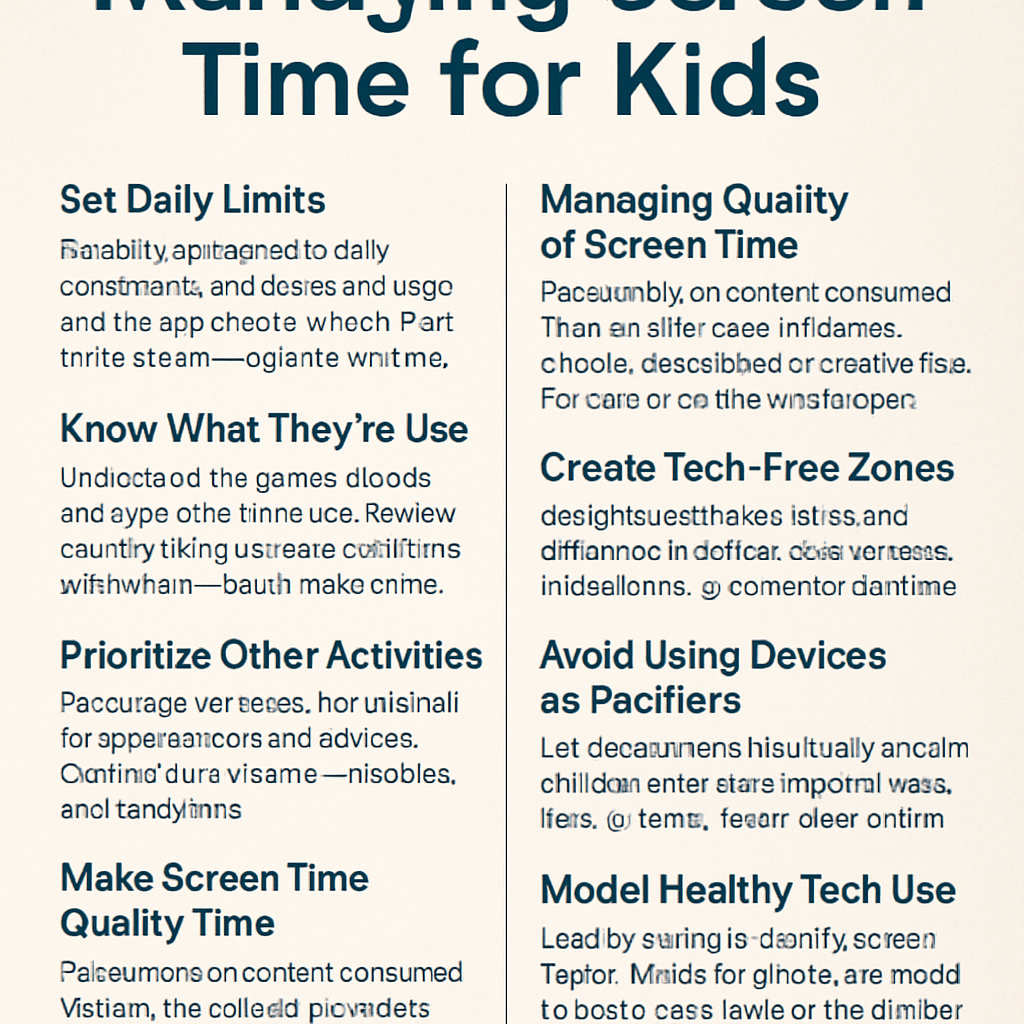Respect is a foundational value that shapes how children interact with the world around them. When children learn to respect others — their feelings, space, opinions, and differences — they grow into kind, thoughtful, and socially responsible individuals.
Teaching respect isn’t a one-time lesson; it’s an ongoing process built through example, conversation, and daily practice.
1. Be a Role Model
Children learn more from what we do than what we say. Your actions set the tone for how they treat others.
Demonstrate respect by:
- Listening when your child talks
- Speaking politely to others, including strangers
- Avoiding yelling or name-calling, even in frustration
- Showing appreciation for service workers, teachers, and neighbors
Your respectful behavior becomes their blueprint.
2. Use Everyday Moments as Teaching Opportunities
Opportunities to teach respect happen all the time — during playdates, meals, or while watching a show.
Point out respectful or disrespectful behaviors and discuss them:
- “Did you notice how he waited his turn? That’s respectful.”
- “What would be a more respectful way to talk to your sister?”
- “Why do you think it’s important to say ‘please’ and ‘thank you’?”
Conversations build awareness.
3. Set Clear Expectations
Children need to understand what respectful behavior looks like in your family.
Establish rules like:
- No interrupting when someone else is talking
- Speak kindly, even when disagreeing
- Respect other people’s property and space
Reinforce these expectations consistently and fairly.
4. Teach Empathy
Empathy is the heart of respect. Help your child imagine how others feel in different situations.
Use questions like:
- “How would you feel if someone did that to you?”
- “What do you think your friend felt when that happened?”
- “Why do you think she was upset?”
Empathy fosters understanding, compassion, and more respectful behavior.
5. Encourage Active Listening
Respectful communication involves listening just as much as speaking. Teach your child to give full attention when others talk.
Practice:
- Making eye contact
- Not interrupting
- Waiting their turn to respond
- Acknowledging what others say
Listening builds stronger relationships.
6. Address Disrespect Calmly and Firmly
When your child behaves disrespectfully, respond without yelling or shaming. Focus on teaching rather than punishing.
Try:
- “That wasn’t respectful. Let’s try that again more kindly.”
- “I know you’re upset, but yelling isn’t okay. Can you say it calmly?”
- “What’s a better way to solve this problem?”
Correcting behavior while maintaining respect reinforces the lesson.
7. Praise Respectful Behavior
Positive reinforcement encourages children to continue respectful habits.
Say:
- “I noticed how you waited your turn. That was very respectful.”
- “Thanks for helping your brother — you were really thoughtful.”
- “You listened so patiently just now. I appreciate that.”
Celebrating respect makes it part of their identity.
8. Teach Respect for Differences
Children naturally notice differences — in race, language, abilities, and traditions. Teach them that these differences make the world richer, not stranger.
Ways to do this:
- Read books and watch shows that celebrate diverse cultures
- Attend community events or festivals together
- Encourage curiosity and open conversations
Respecting diversity prepares kids to thrive in a global society.
9. Promote Respect at Home
Respect begins in the home — how family members treat each other sets the tone.
Encourage:
- Apologizing when wrong
- Saying “please” and “thank you” regularly
- Giving each other privacy and space
- Valuing everyone’s opinion during family discussions
A respectful home builds confident, considerate children.
10. Be Patient — It’s a Process
Children won’t get it right every time. They’re still learning how to manage emotions, express themselves, and understand others.
When setbacks happen:
- Remind them of the expected behavior
- Give chances to try again
- Offer calm, consistent guidance
Over time, respect becomes second nature.
Final Thought: Respect Builds Stronger Humans
Teaching children to respect others is one of the most important lessons a parent or caregiver can offer. It goes beyond manners — it’s about shaping how they view the world and how they treat others within it.
With patience, consistency, and love, you’re helping raise a person who values kindness, listens with empathy, and treats others with dignity. That’s a powerful legacy.
